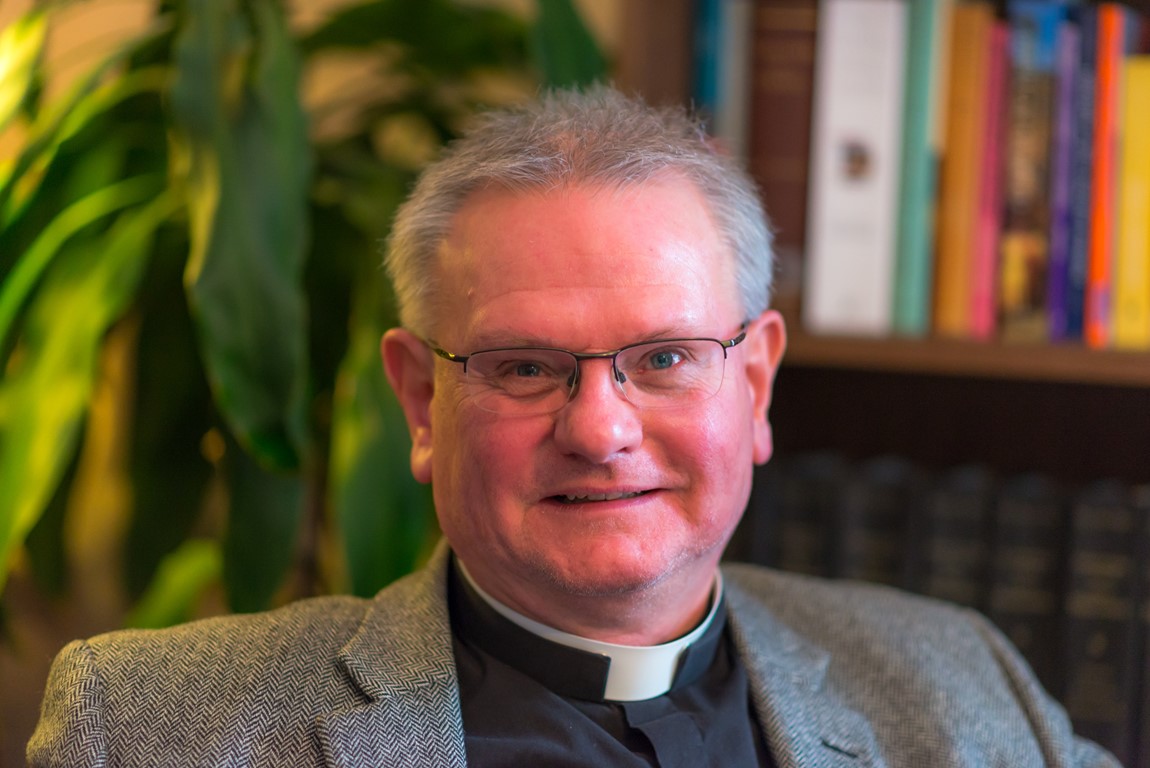Lessons in History

I have just been reading a book on ancient Greece and Rome. Not your typical holiday reading, I warrant, but to each their own. Not unsurprisingly there was a chapter on
Which only goes to show there is hardly anything under the sun. if you study history, as I like to do, you will discover that over the years the pendulum swings from one thing to another: after the War we were very concerned about social welfare, trying to avoid the desperate conditions of the 1920s and 1930s. Hence the foundation of the NHS. Nowadays we are in a more individualistic age in which personal agendas seem to have the upper hand.
We like to think that history is progressive, that we are constantly improving and becoming a better society. Go back in history, though, and you will see these pendulum swings time and time again, and this leads me to think that society isn’t actually progressing, but shifting backwards and forwards as one set of principles is succeeded by another, only for the first set to have their time again at some time in the future. I think this is important to stress because life is not necessarily about progressing, but it is about making choices, and which set of principles we think are important at any given moment. As Pompeii shows, this has probably always been the case. History isn’t always about what happened in the past but how it can affect the present and the future as well.
The Very Reverend Roger Bush, Dean of Truro.

